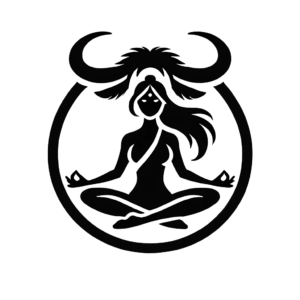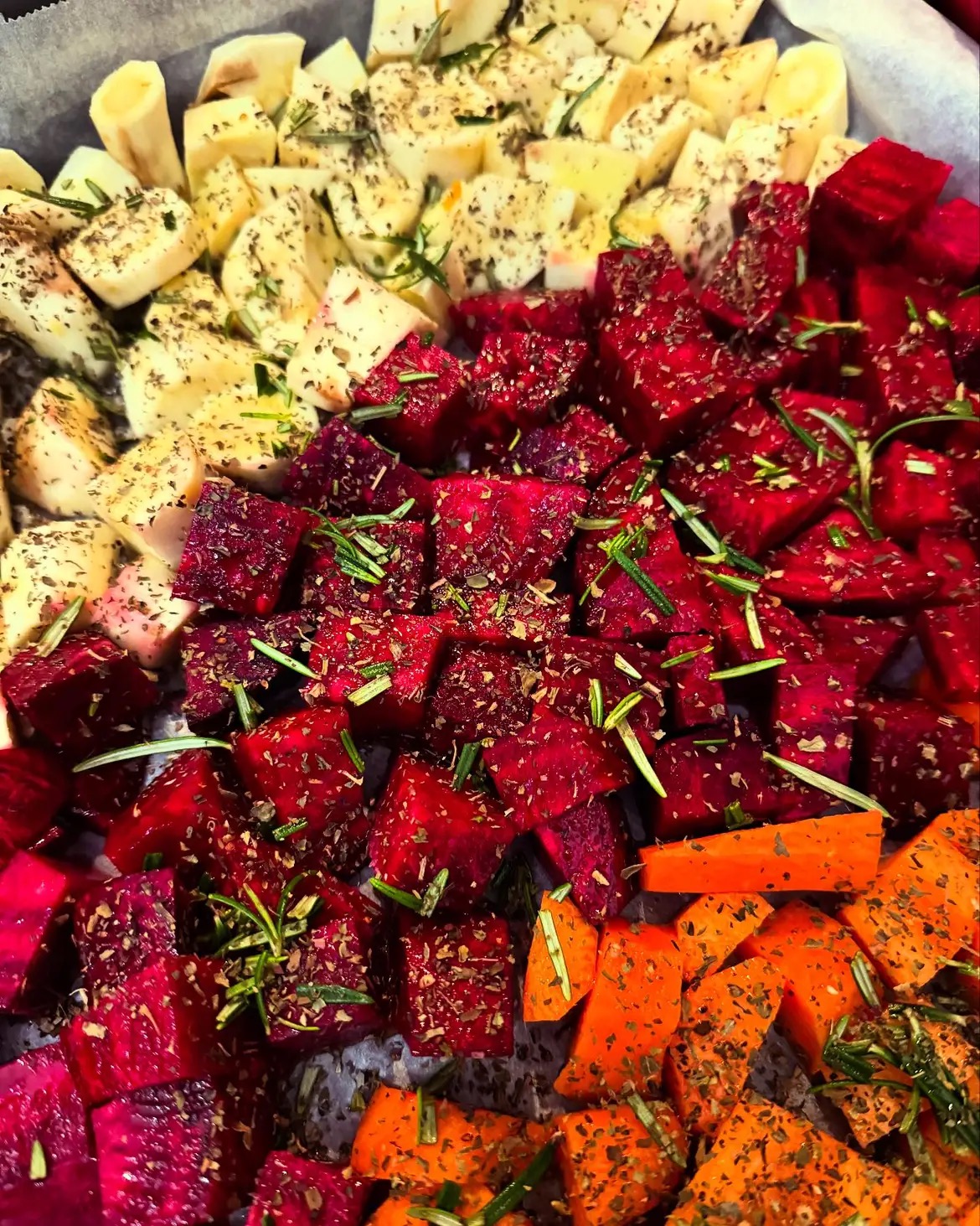Most Hindus are vegetarian and a lot of my fellow yogi are vegetarians or vegans. My personal preference is for very little meat – about once a every other month, usually fish, sea food or pork. I don’t have rules about food; I listen to my body and my brain, which is something I’ve been very attuned to since I was a child. I believe that we can cultivate direct communication with our insides, which always tell us exactly what they need for optimal performance and good health; we only need to know how to listen.
As I can easily forgo any meat consumption, I have obviously, entertained the thought of becoming vegetarian. It doesn’t seem as a stretch, and more often than not, I choose the vegetarian option on the menu. About ten years ago, I also tried to be vegan. That attempt lasted all of three weeks, without much difficulty, except I so missed cheese and found that no cheese substitute could give me the same satisfaction. After a month, I was craving any cheese, dreaming of cheese, thinking of cheese, and so I knew that I couldn’t stick with the vegan diet much longer. However, the stick that broke the camel’s back was actually bacon. We went away for the weekend and stayed at a B&B in the English Lake District. After a long walk in the scenic countryside, a swim in the pool, al fresco dinner under the stars, and a blessed sleep, we woke up to the smell of full English breakfast. My daughter’s favourite breakfast bit is a hash brown, so we had to get her that. As I saw the steaming plates on the table, I couldn’t resist the bacon and that was that.
That said, I have since been at peace with my diet and don’t feel the need to change anything about it at this time. As a matter of fact, I have been thinking that a sudden firm decision to suddenly switch diets may do more harm than good. I understand the vegan and vegetarian sentiments about protecting animals and I sympathise with all my heart with their stance against animal cruelty. But to me, eating meat in moderation doesn’t exclude solidarity with animal lovers. In fact, I believe that forcing oneself to stick to a specific way of eating, a type of nutrition, or diet, can be seen as auto-cruelty to our own species, the human animal. That’s why when it comes to food preferences and practices, only one thing matters to me: non-violence, or ahimsa.
The practice of non-violence, ahimsa, can be applied also to nutrition as in abstinence from consuming animal products. Ahimsa can be exercised on a lot of levels, in many aspects of life: grounding mantras, presensing, practising self-compassion, and reflection. If we want to integrate ahimsa in our day-to-day, why not start with food by not forcing anything that our bodies and brains don’t desire on them, and listen to their wisdom instead? To cultivate this practice of communicating with ourselves and hearing our needs, I would recommend the following ahimsa rituals throughout each day as needed:
- Notice moments of activation and disconnect from one’s body
- Practice grounding (sensing into the earth under body) in general and particularly in moments of activation and disconnect
- Notice the breathing, be present with grounded-ness and breath, bringing hands to heart for self-compassion if comfortable doing so
- Write down observations of physical body connection each day (When did I go out of my body? When did I notice or not notice? What strategies help me notice and stay connected in potentially activating moments?)
Let me know what you think! I realise that this view may be contrary to what a lot of yogis espouse, but I do hope it resonates with some of you.

